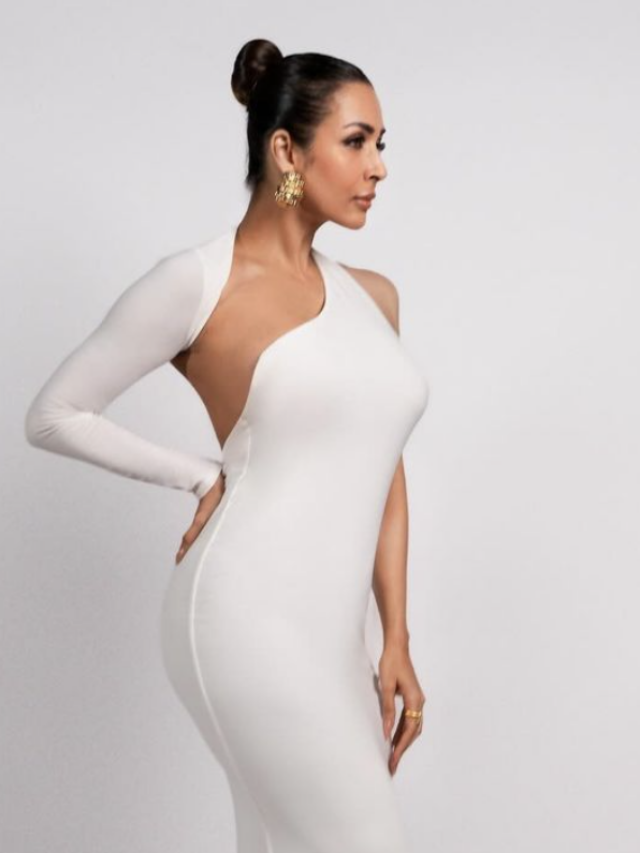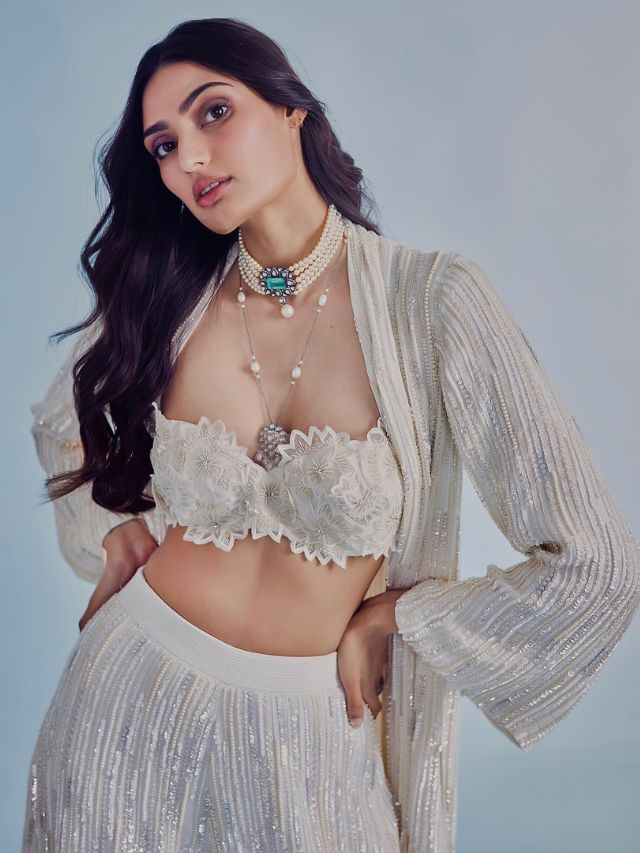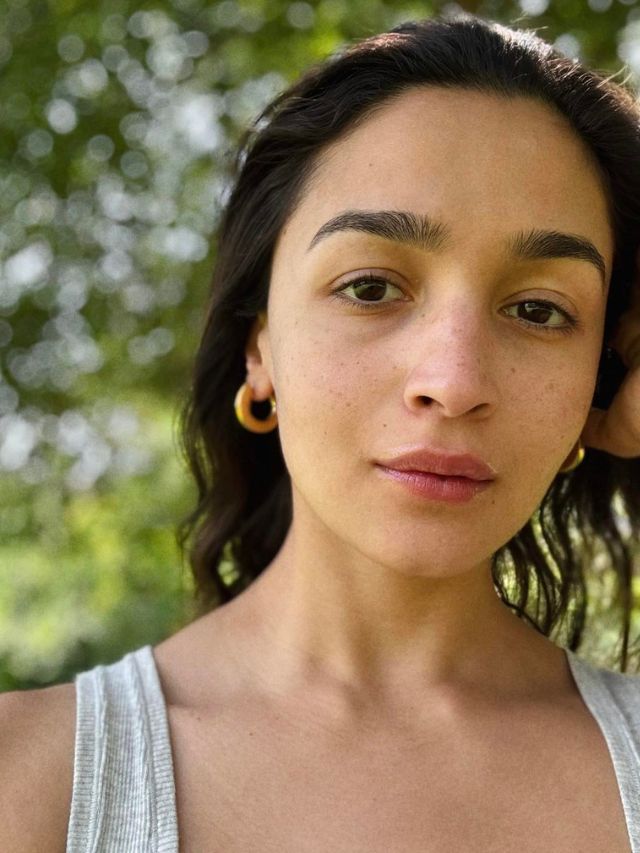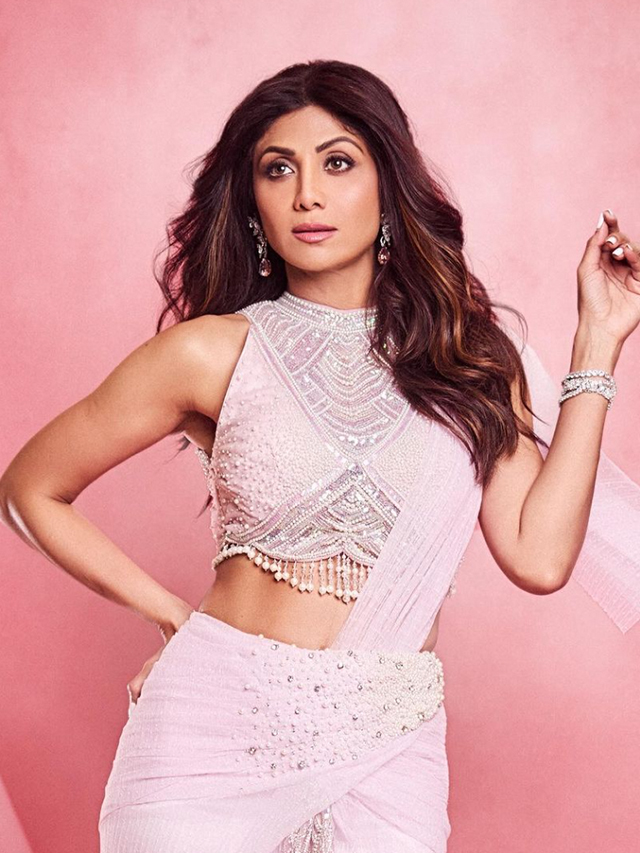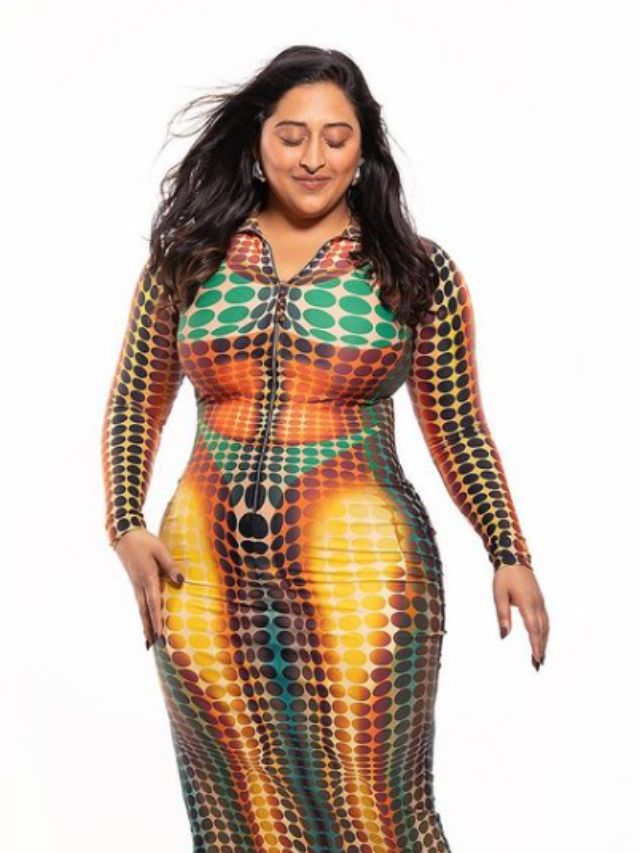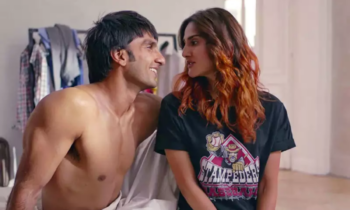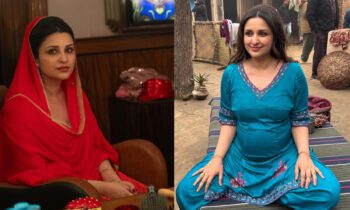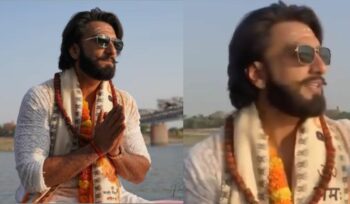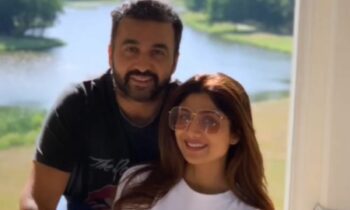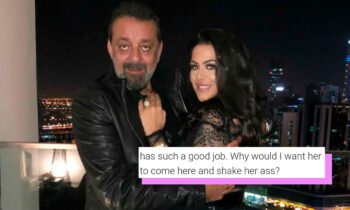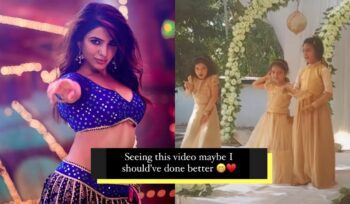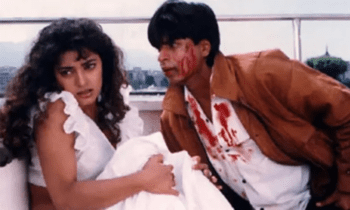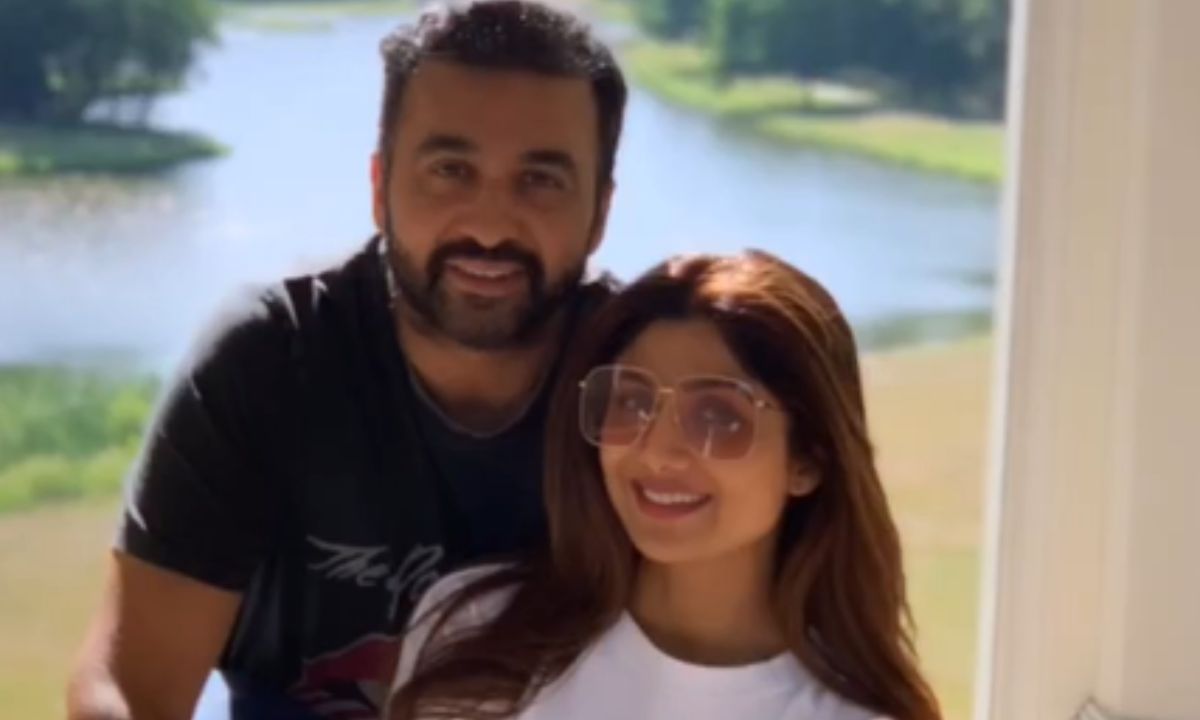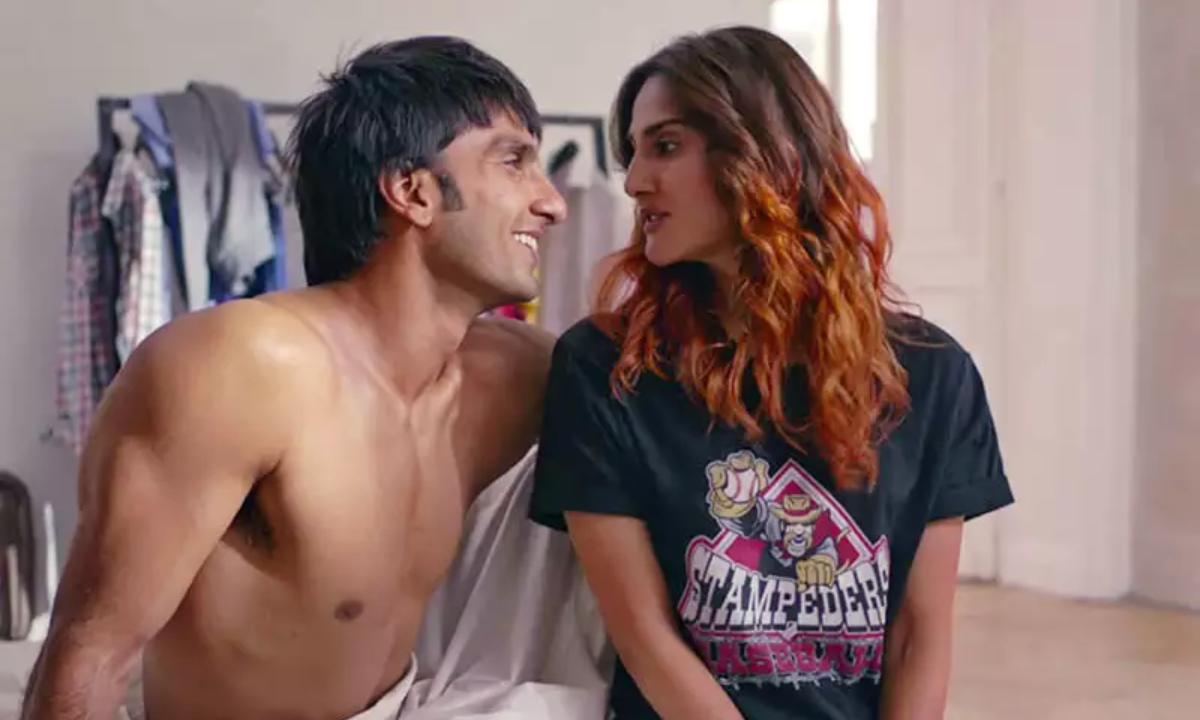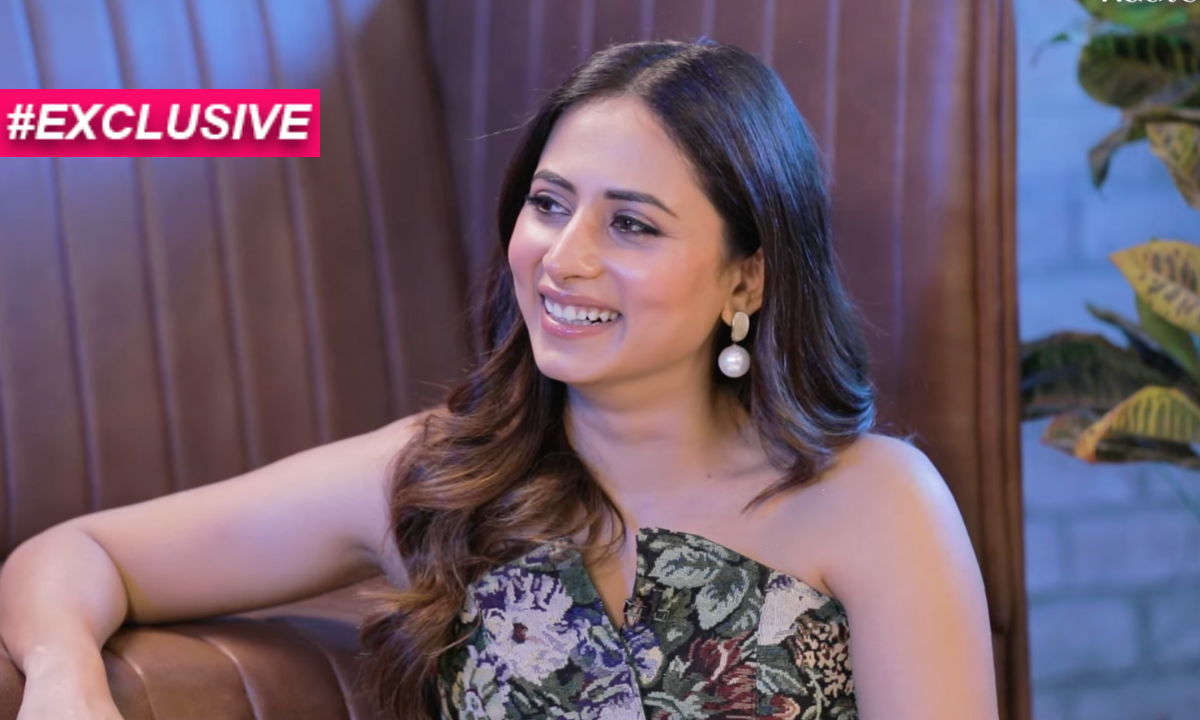Exclusive: Vidur Sethi Opens Up About Being Bollywood’s First Openly Queer Actor, Working With Onir In His Debut Film And More
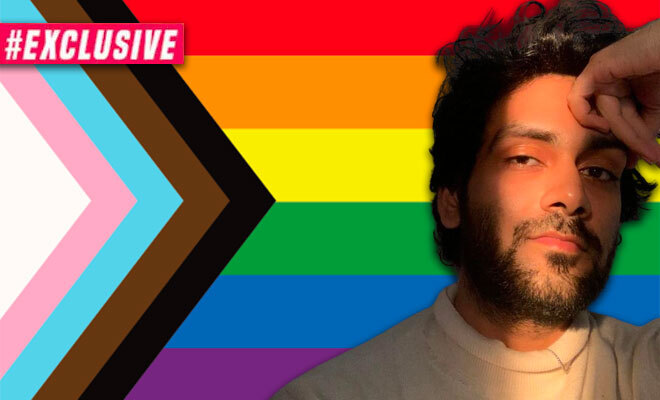
The LGBTQ+ community holds a special place in my heart. While we’ve all been fighting for women’s rights and equality, I think it’s time we also talk about the queer community and their rights. And while Bollywood introduced us to the western culture and the new age concepts of the world. But at the same time, we haven’t seen B-town being open to the queer community or being openly queer. We know being queer is a hush-hush thing in tinsel town. I mean, we have heard all the rumours about who’s gay and who’s bisexual but we haven’t seen any actor coming out of the closet. But now, we finally have someone who is breaking this norm. Bollywood has met its first-ever openly queer actor, Vidur Sethi who is all set to make his debut with filmmaker Onir’s film Pine Cone. So, I decided to have a much-needed chat with Vidur about his debut film, working with Onir, being queer and Bollywood’s coming out story. Without further ado, let’s dive in.
Q. Onir was unaware of your sexuality before you were cast, so when and how did you come out to him?
Vidur Sethi: We were having a conversation where he talked about the fact that there are going to be intimate scenes in the film and he did not want to sanitize them in any way and at that point in time, I think it became important for me to tell him that for me, my queerness is not just about my gender and sexuality but also about the way I perceive art and the way I perceive cinema and the way I perceive life. So I just told him that there’s no bias. And then at the end of the day, I also identify as queer. So, I would not have any problems doing that.
View this post on Instagram
Q. Bollywood hasn’t had any openly queer actor to date, what do you have to say about that?
Vidur Sethi: I think it has been a very long time that representation as a phenomenon has not been put to the forefront. And that’s because the film industry is reeking of the privilege that they have, which is fine if you expose your privilege. But if you don’t and keep on multiplying it and don’t include marginalized communities, then that becomes a problem. In today’s time, we need more queer people playing queer roles and more people from marginalized communities, not just queer people. If you look at people who are not from the upper cast, people from the Dalit and Adivasi community and such, them coming to the forefront and portraying the roles that they need to portray is important too. I think they bring in certain kinds of experiences that, the normative people who entail themselves within the norm cannot. This just creates a ripple effect.
View this post on Instagram
Since I have been cast in this film, there have been multiple people from the queer community who have approached me, who are either out in the open or closeted, but they do feel that there is a possibility of them also being cast or being in the forefront or dreaming. Nobody in my family is from the film industry, everybody is either a teacher or working in banks. So, it’s very hard when you have such dreams to fulfil them. But once there are more people who come to the forefront, there is a possibility for multiple other people. Because if one queer person enters in, it’s not just them because they’ve also been supported by the community for years. So it’s like an entire community entering in some way. But yes, we do need intersections. One needs to acknowledge that I’m also an upper caste person and I look a certain way. So, it become easier for me to navigate that territory. For somebody who is not upper caste but is extremely talented, it becomes harder.
Q. What’s your take on B-town’s LGBTQ+ representation on screen?
Vidur Sethi: We’ve had coming out stories in the past and most of the scenes that we have in between people who belong to the community are primarily limited to either the coming out scenes or if there is an interpersonal scene like an intimate scene, it’s usually limited to just kissing as if nothing else happens. As if they don’t have domestic chores or lives or things to take care of. Honestly, I see queer people working really hard because a lot of times they don’t have the institution of the family with them. So they build themselves from the scratch and then they start earning by themselves and they go through like a lot of struggles. I feel that although coming out stories have a place, we also need to see what happens after the coming out.
I personally want to see stories of queer people where queer folks are being depicted as successful people in whichever industry, whether it is in politics or it is in acting or in art because then what happens is that you also tell them that these are also the possibilities that can take shape. And it’s not that these possibilities don’t actually happen. There are a lot of successful queer people in the country. We also need to show how queer folks are actually living their lives, managing their money, and expenses, becoming successful and finding friendships because the community is primarily about friendships. How do they accept or critique the institution of marriage? How do they accept or critique things like monogamy and polyamory? The community has people of all sexualities, gender, and gender expression. So, you have a plethora of stories. Bollywood needs to have queer actors, writers, directors, filmmakers, cast and crew because that changes the dynamic. It makes the place safer and the story strong. It also increases employment so that queer people can actually survive.
View this post on Instagram
In terms of Bollywood’s portrayal in terms of homosexuality in films, how comfortable are they to dismantle masculinity because dismantling masculinity is a major thing? And that happens if you show intimacy between, say, two people who are assigned male at birth. Not just them fondling or something but show it like you show it in other movies because at the end of the day, it’s nothing else, but a romance and it should be treated like a romance.
Q. As B-town’s first-ever queer actor, what are your apprehensions?
Vidur Sethi: Nothing as such. The apprehensions that are there, I’m already aware of them. So, I don’t consider them as apprehensions anymore. For me, it’s just like things are going to happen and whatever perceptions might be formed of me, whatever perceptions might be constructed out of me, I’m completely fine with it because there’s nothing to be scared of. As an artist, I desire to present different kinds of bodies and different kinds of like uncertainties doubts, and anxieties on the screen. So, whatever perceptions are formed, it’s absolutely fine. It’s on me, how I break the boxes and keep on doing roles that are queer and non-queer and all kinds of roles.
View this post on Instagram
Q. Not much is known about Pine Cone. What can you tell us what it is about?
Vidur Sethi: I can only tell you that it’s a romance film based on the life of a character, Sid Mehra. It follows the story of Sid in his 30s and 20s and his teenage years. So, he goes from Kochi to Bombay to Sikkim and explores his life in multiple dimensions and multiple romances and he comes to terms with understanding what it means to be queer but not in the coming out sense of it, but more in the sense of realizing that – “Okay, I can have these partnerships.” And the other important aspect is that it is about Sid Mehra who is also an artist and how does that sort of plays a role in his life.
View this post on Instagram
Q. It takes immense strength to be openly queer in the entertainment industry and that too with your debut, what made you take this risk?
Vidur Sethi: I didn’t see it as a risk at all. I am an interdisciplinary artist. I write curator and perform, and I’ve been doing theatre performances for a while. I had been writing for STIRworld, curating podcasts at Art Dose and doing a lot of other things as well. I was about to do a play when I got cast for Onir’s film and it felt like the right opportunity for me because it was a queer narrative. I felt it would be great if I can work on a film and hone my craft because for me acting or embodying the character is something that is extremely personal and cathartic. I don’t see it as a risk at all because I feel like whatever people perceive as risks, if you have already been in a position where you have somehow manoeuvred your life, worked hard and also acknowledge your privilege then you need to somehow use that privilege out there.
View this post on Instagram
Q. That you’re the first openly queer actor is going to be such a huge part of your public identity. Are you okay with that defining you? What’s something else about you that you’d like people to focus on?
Vidur Sethi: When I say that I’m a queer person, it is not only about my gender expression or sexuality. It is about my art. As a child, I was always doing art. Then as I grew up, I started pursuing it and started practising art. I started doing theatre and amid all this, queerness became more than just about my gender and sexuality. It became about how I perceive art, the world and society because I strongly believe that the future is queer. There is no other way because gender binaries anyway, don’t help anybody. It’s just that gender is not dead, it still exists. That is why we need to acknowledge what is happening right now and come out in the open and accept the fact that we are queer. So that slowly and gradually multiple binaries can be broken down and we can step forward into a world, which is more liberating.
View this post on Instagram
Q. What was your life like growing up? Could you tell us about your family dynamics and how you came out to them? Their reaction?
Vidur Sethi: I belong to a conservative family and it was a little difficult journey. I come from a conservative middle-class family and I’m an outsider. They didn’t know and I had to tell them. The thing is that I also identified as queer from the very beginning. It wasn’t that I could tell them that I’m gay or bisexual because, for me, queerness as an identity became like the central focus where I would see the. And then of course I had to leave home and that was a choice that was made because I was not getting to explore myself as an artist in the place that I was at. And, I started earning by myself and then slowly and gradually things are getting better, but it takes time. It doesn’t happen overnight.
View this post on Instagram
Q. You have kickstarted a much-needed revolution for queer representation in Bollywood but this isn’t something that is being actively covered by the mainstream media, what do you have to say about that?
Vidur Sethi: I just have to say that it just shows the hierarchy that exists in all the industries. Any kind of industry comes with a certain kind of privilege. It is actually on media to cover that more than anyone else. We have newcomers who are already from the marginalized community and if the media takes the step forward to support them. It is going to benefit everyone. I think we need to change the meaning of acting itself in some way and make mistakes because that’s what art is supposed to be. You become more and more honest every single day. But you need to acknowledge your errors and mistakes and once you do that you move a step forward. So I feel like, of course, the media should be supporting more debutant performances understanding where they’re coming from. Also, understanding if they’re coming from a marginalized community, then it’s a journey that is a little different and at times, difficult, but it’s on the media to sort of giving them the same coverage so that people can go ahead and support these actors.
View this post on Instagram
Q. What’s it like to work with Onir?
Vidur Sethi: I think it was an interesting process. He brought forward this story about Sid Mehra and then he let me be in the process and he started talking a lot. He told me to write the backstory of the character. And once we started working, he directed and guided me in multiple ways.
View this post on Instagram
Also Read: Author Manish Gaekwad Reminds Us Of Irrfan Khan’s Banned Homosexual Romance ‘Adhura’, Calls Out Bollywood’s Weak Queer Representation
Q. How does it feel to represent your own community in a film?
Vidur Sethi: I’m nobody to represent an entire community and representation is happening of course, to the fact that I’m an actor. So, it feels like that I’m privileged that I’m able to do this. There’s nothing else to it. There’s a privilege and of course, there is hard work. But the real victory would be when a queer actor is also able to portray a straight part. And if you have a big banner film having a person from the queer community who also belongs to the Dalit community or any of the marginalized communities coming to the forefront. But I do feel that this is a step forward because I get a lot of messages from people across India and people from India who are living abroad and in the diaspora, about having hope and feeling that they can also do it. And I feel if they think about it, then they can do it. So that thinking if it has shifted by me being an open person, that’s great. It helps everyone. And of course, the community is very happy. My queer friends and everyone is really happy because they feel that we needed this for a long time and we are finally having it.
View this post on Instagram
Q. What do you think about straight actors playing queer characters?
Vidur Sethi: At this point in time, since gender exists and gender isn’t dead, the binary exists and we think of people like men, and women and in those terms, I feel that representation is important. It creates employment for queer folks who cannot dare to dream easily because a lot of times they don’t have support from their families. Plus they bring in certain experiences that are difficult. The life experiences of a straight person and a queer person are very different. So, how do you replicate that experience? You cannot.
Acting is about like being in the moment of truth and embodying a character and empathising. Everyone should be able to do all the roles, but in the current social-political reality of where we are, it is extremely important to bring marginalized communities to the forefront.
As a queer person who has been in same-sex relationships, I know what it’s like and what kind of struggles come with it. Because at the end of the day, masculinity itself is a very dominant phenomenon. To be assigned male, like birth, it comes with like a lot of things that you need to expose and that you need to reflect on. I, as a person who was assigned male at birth, can never understand what a woman goes through, I just cannot. It is as simple as that. If I say that I want to play a woman character, with prosthetics and all of course it is possible, but should I do that? No, because we’ve not reached this space. We are still at the space where finally, we are having stories about women that are being told.
View this post on Instagram
We finally have an all-women crew and cast. We finally have female-centric stories that are doing well at the box office. Feminists have worked hard to put us in a place where women can come to the forefront and as a result, the queer folks are also coming to the forefront.
Q. Do you fear being typecast in queer roles?
Vidur Sethi: No, if it happens, the people doing it need to think about what they’re doing. I would love to perform all kinds of roles, but I’m not gonna be scared of people stereotyping me. That’s not a pressure I’m going to take on myself. Others are doing it so, let them and I’ll just keep on working and honing my craft.
View this post on Instagram
Also Read: From ‘Blue Is The Warmest Colour’ To ‘Margarita With A Straw’, 13 Films That Captured LGBTQ+ Love Stories So Well
Q. Could you name one Indian film that portrayed the queer community with near perfection?
Vidur Sethi: It doesn’t exist.
View this post on Instagram
Q. Indian cinema is taking baby steps to portray queer characters and relationships. But the community is often divided about it. What’s your take on these baby steps?
Vidur Sethi: These baby steps are important, but then they have to come with a certain kind of reflection. I believe the real stories are the stories that are never being told because institutions and industries come with their own politics, finances and everything. We need to work more and take these baby steps but then when you have the privilege, the funding and everything else, then those steps need to become leaps and risks. Once you take those risks, then things can move forward in a better direction. So whatever films we’ve had till now and whatever little representation we’ve had of the queer community, I’m glad it happened because now we’re reaching a place where we have something like Pine Cone.
But at the same time, I feel like filmmakers and producers who have funding and backing should hire queer actors, characters and writers so their stories have more depth. I strongly feel at the end of the day in the longevity of things, society changes when art and culture shift, but that shift is never going to create an instant change. It is always steps, but in your head, you need to take leaps.
View this post on Instagram
Q. Have you ever been shamed for your sexuality by someone from within the entertainment industry?
Vidur Sethi: Yeah, that has happened a lot of times. People are like that. But I’m at a place where I question them for talking the way they’re talking or thinking the way that they’re thinking or I just put forth a provocation in front of them that is extremely provocative to which they don’t have an answer. So, when you are honest about who you are, there is nothing to fear. There is a lot of like shaming bullying, all kinds of things that happen, but then you acknowledge it and you realize that the way you can work it out is actually just working hard.
View this post on Instagram
At the end of the day, people come with their own sense of like heteronormative and we are in a world where all kinds of institutions exist.





